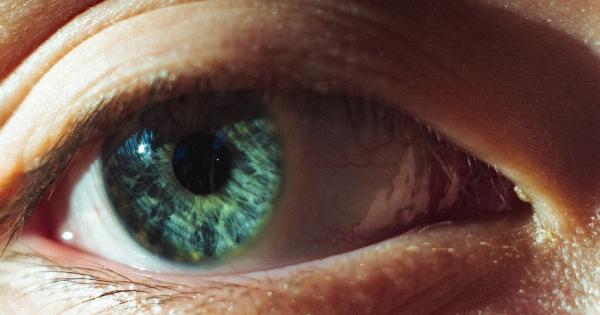Eye surgery with lasers has revolutionized the field of ophthalmology, making it possible for patients to undergo minimally invasive procedures that produce excellent results.
Laser eye surgery is most commonly used to correct vision problems such as myopia, hyperopia, and astigmatism. It is also used to treat certain eye diseases such as glaucoma and diabetic retinopathy. However, like any surgery, it carries risks and is not suitable for everyone. So, when is eye surgery with lasers safe?.
How Does Laser Eye Surgery Work?
Laser eye surgery uses a highly specialized laser to reshape the cornea, the clear front part of the eye, to correct vision problems.
The laser emits a cool beam of light that removes excess corneal tissue, altering its shape to focus light more accurately on the retina. The procedure is performed under local anesthesia, usually in an outpatient setting, and takes only 15-30 minutes per eye. There are several types of laser eye surgery, including:.
Types of Laser Eye Surgery
- LASIK (Laser-Assisted In Situ Keratomileusis)
- PRK (Photorefractive Keratectomy)
- LASEK (Laser Epithelial Keratomileusis)
- SMILE (Small Incision Lenticule Extraction)
LASIK is the most commonly performed type of laser eye surgery, but each procedure has its own benefits and risks. Your ophthalmologist will help you decide which procedure is best for you based on your individual needs.
Candidates for Laser Eye Surgery
Not everyone is a suitable candidate for laser eye surgery. A thorough eye examination by an experienced ophthalmologist is necessary to determine if the procedure is safe and appropriate for you. Generally, good candidates for laser eye surgery include:.
- Adults over the age of 18 with stable vision
- Those with moderate or severe nearsightedness, farsightedness, or astigmatism
- Those with good overall eye health
- Those with realistic expectations
People who are not good candidates for laser eye surgery include those who:.
- Have unstable vision
- Have a history of eye infections or diseases
- Have a weakened immune system
- Are pregnant or nursing
- Have certain medical conditions such as diabetes or autoimmune diseases
Your ophthalmologist will perform a comprehensive eye exam and ask about your medical history to determine if laser eye surgery is safe for you.
Risks of Laser Eye Surgery
Laser eye surgery is generally considered safe, but like any surgery, it carries some risks. Common side effects include dry eyes, glare, halos, and fluctuating vision.
These side effects are usually temporary and can be managed with eye drops and other medications. More serious complications such as infection, vision loss, and corneal scarring are rare, but can occur. Your ophthalmologist will discuss the risks and benefits of laser eye surgery with you before deciding if it is safe for you.
Recovery from Laser Eye Surgery
The recovery period after laser eye surgery is relatively short, and most patients can return to normal activities within a few days.
You will need to avoid rubbing your eyes, swimming, and other activities that could cause irritation or infection for several weeks after the surgery. Your ophthalmologist will give you specific instructions on how to care for your eyes during the recovery period.
Conclusion
Laser eye surgery is a safe and effective way to correct vision problems, but it is not suitable for everyone. A thorough eye examination by an experienced ophthalmologist is necessary to determine if the procedure is safe and appropriate for you.
If you are considering laser eye surgery, be sure to discuss the risks and benefits with your ophthalmologist.


























